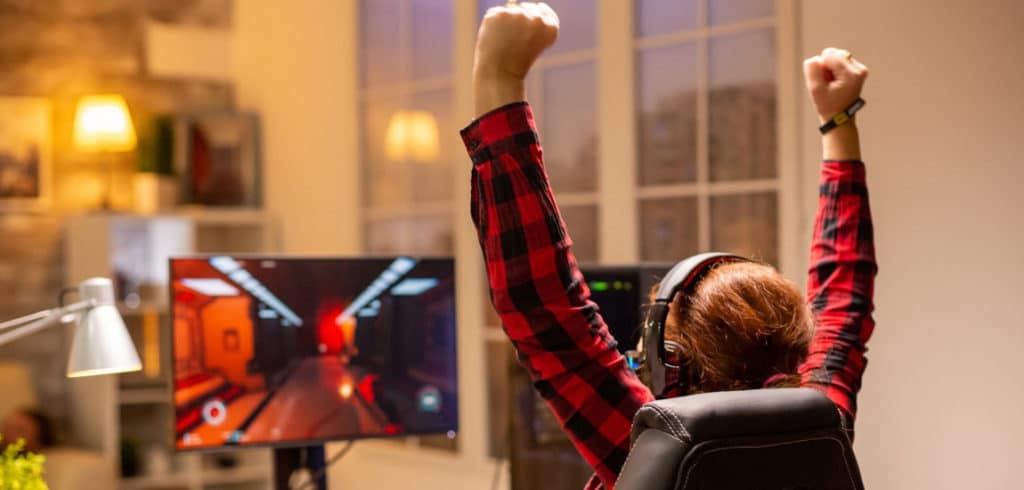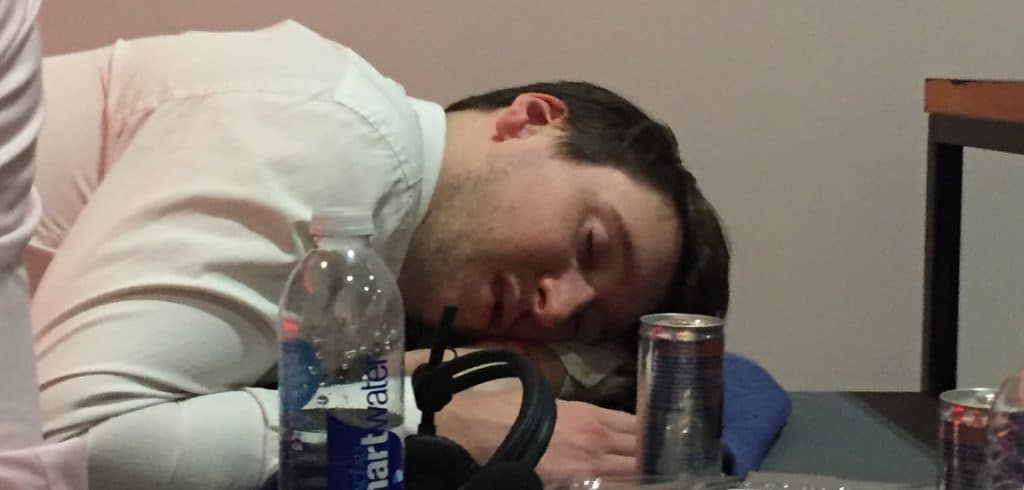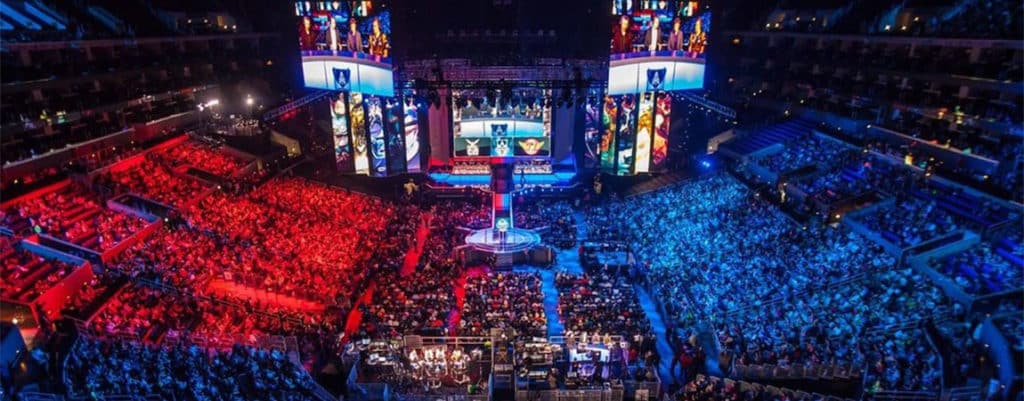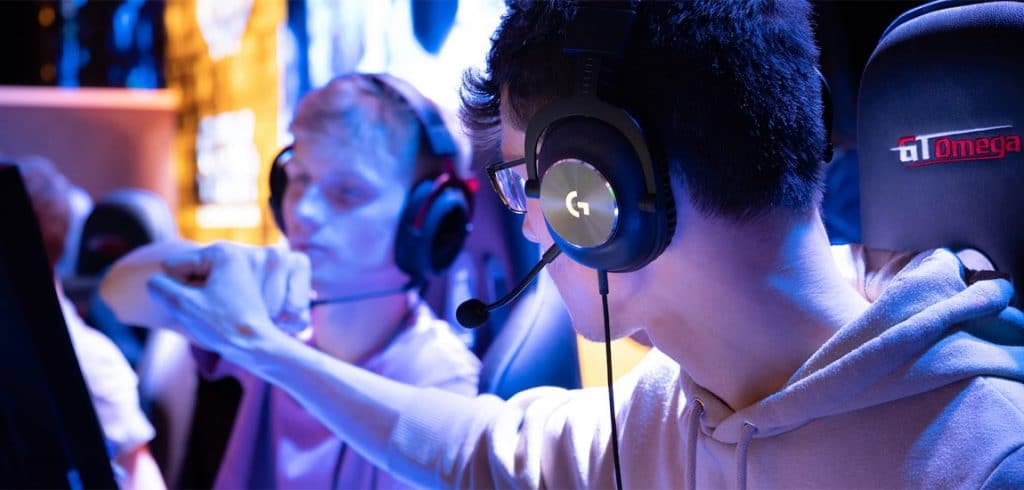Image: John and Matthew from Aberdeen University, photo by Andrew Morris for Esports Scotland
Almost nine out of ten people in the UK don’t think esports players deserve the same recognition and respect as traditional athletes.
That’s according to a new gaming survey by Better Gyms, which surveyed 2,029 people aged 18+ in the UK (including almost 1,000 gamers) from all regions and genders.
Also, only one in five respondents viewed esports as a legitimate form of competitive sport, compared to traditional sports like football and rugby, and almost 9 in 10 Brits were unwilling to accept esports into the Olympics.
However, a quarter of Brits believe that esports has the potential to attain the same level of popularity as traditional sports in the future.
There were other more positive findings from the report, which looked into the perceptions of what a gamer is and how they think they compare to professional athletes.
96% of gamers report positive effects in their day-to-day lives

The vast majority of gamers in the study said that gaming gives them benefits. These include:
- Improvements to attention span (33%)
- Stress relief (50%)
- A sense of escapism (48%)
- Improved mental health (30%)
Better Gyms claimed their report also found that gamers spend more time outside than non-gamers.
Earlier this year, a separate survey found that UK gamers are more likely to frequent the gym than non-gamers.
Brits views on how gaming affects sleep

The study revealed gamers sleep 12 minutes fewer on average compared to non-gamers.
With regards to sleep, over half (56%) of Brits felt gaming would encourage a lack of sleep.
However, as stated, non-gamers stated they get an average of just under six and a half hours a night, compared to gamers’ six hours 16 minutes, revealing a minuscule 12-minute difference between the two.
Changing perceptions of esports

Better spoke to Nathan David, Head of Foundation & Events Course Leader at the College of Esports, who said: “If you speak to any performance athlete, they will tell you that despite the physical aspect of sport and competition being key.
“The mental and psychological factors are just as important; dealing with stress and performing under pressure are two parallels often referred to.
“I think you will see an attitude change in the perception of esports over the next five to ten years or so, as misconceptions and further understanding of our industry is addressed.”
Nathan David, College of Esports
Those perceptions on gamers and esports players still remain, however. Over half of respondents (54%) believe gaming can cause some form of social isolation, and three in 10 feel it would encourage poor mental health.
And Brits still believe gaming would lead to a lack of exercise (58%), an unhealthy lifestyle (47%) and a poor diet (42%).
Additionally, Brits are unaware of the gender distribution among gamers. Contrary to popular belief, the gender split in the UK is nearly equal, with 47% female and 53% male, yet only 5% of respondents guessed this correctly.
Social media influencer the least popular career in the study, followed by esports players
To uncover the bias towards esports as a career, Better also asked people what profession they would most like their children to be a part of.
Lawyers (40%), healthcare workers (35%), and professional sports athletes (27%), came in the top three places, and a career in esports and gaming (19%) was among the least popular, with just social media influencers (13%) scoring lower.
Essential UK Casino & Betting Guides
Looking for the best casinos or betting sites? Below you’ll find our recommended guides that players in the UK are loving right now.
- Best Non Gamstop Casinos 2025
- Fast Payout Online Casino
- Best UK Casinos Online
- Top Crypto Casinos
- Best New Casino Sites UK

Dom is an award-winning writer and finalist of the Esports Journalist of the Year 2023 award. He has almost two decades of experience in journalism, and left Esports News UK in June 2025.
As a long-time gamer having first picked up the NES controller in the late ’80s, he has written for a range of publications including GamesTM, Nintendo Official Magazine, industry publication MCV and others. He also previously worked as head of content for the British Esports Federation.


